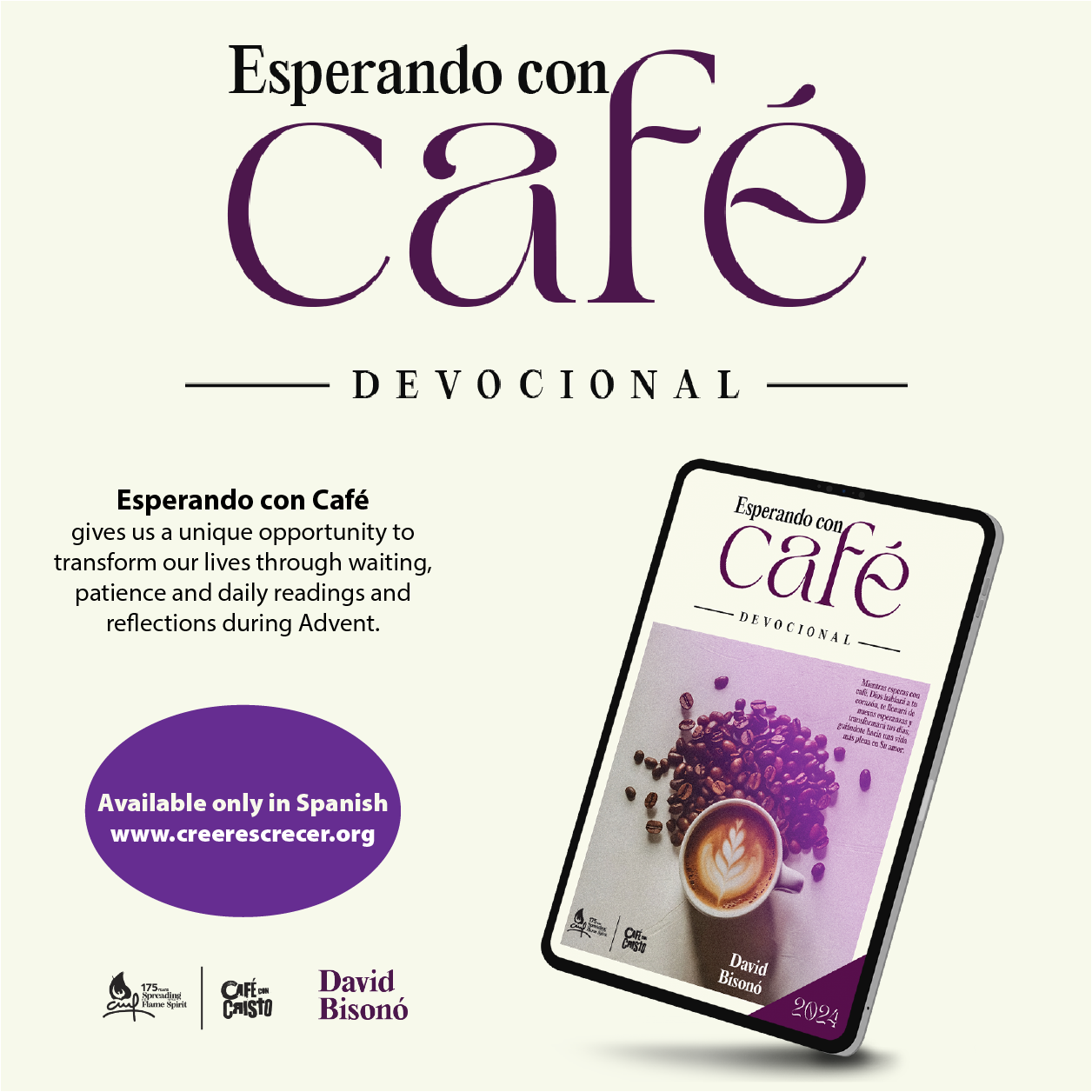It’s (somehow) already the middle of August, which means school, autumn, and September are right around the corner. The bishops have just issued their 2012 Labor Day Statement, alerting us not for the first time to the plight of millions of unemployed and underemployed across the nation.
The document is divided into three main sections: The Broken Economy Leaves Too Many Without Decent Work, A Call for Economic Renewal and Support for Workers, and Building a More Just Economy.
Each section emphasizes the shared responsibility we have to value work and to make sure that our brothers and sisters are able to have their basic needs met. The bishops call attention to the millions of people struggling to provide for families, even those who are working multiple jobs: “These people are not abstractions: they are fellow parishioners and our neighbors; our cousins, aunts, and uncles; our brothers and sisters; our mothers and fathers; possibly our own children.”
As a result, it’s everyone’s responsibility to help out, the bishops remind us, saying, “Everyone and every institution has a role to play in building a more just economy…We are called to work together–business, labor, and government–to build a productive economy that offers opportunity, creates jobs, generates growth, protects the dignity of working people, respects the family, and promotes genuine human development.”
Not lost in the document’s tone is that in this election year, there is extra pressure on officials (elected and seeking election) to take these concerns into consideration. And according to the statement, we haven’t heard enough from our policy makers about poverty. “The relative silence of candidates and their campaigns on the moral imperative to resist and overcome poverty is both ominous and disheartening," the statement reads. "Despite unacceptable levels of poverty, few candidates and elected officials speak about pervasive poverty or offer a path to overcome it. We need to hear from those who seek to lead this country about what specific steps they would take to lift people out of poverty.”
Even though the economy is of primary concern to most voters this year, the bishops note an element missing from our debates about debts and budgets: “Public officials rightfully debate the need to reduce unsustainable federal deficits and debt. In the current political campaigns, we hear much about the economy, but almost nothing about the moral imperative to overcome pervasive poverty in a nation still blessed with substantial economic resources and power.”
The bishops have certainly given us much to think about this Labor Day and this election year. We can take the closing words of the Labor Day Statement to heart:
May God guide our nation in creating a more just economy that truly honors the dignity of work and the rights of workers.
Related:
Down and out of sight: Job growth and long-term unemployment
Labor pains: What Wisconsin tells us about Catholic support for unions








